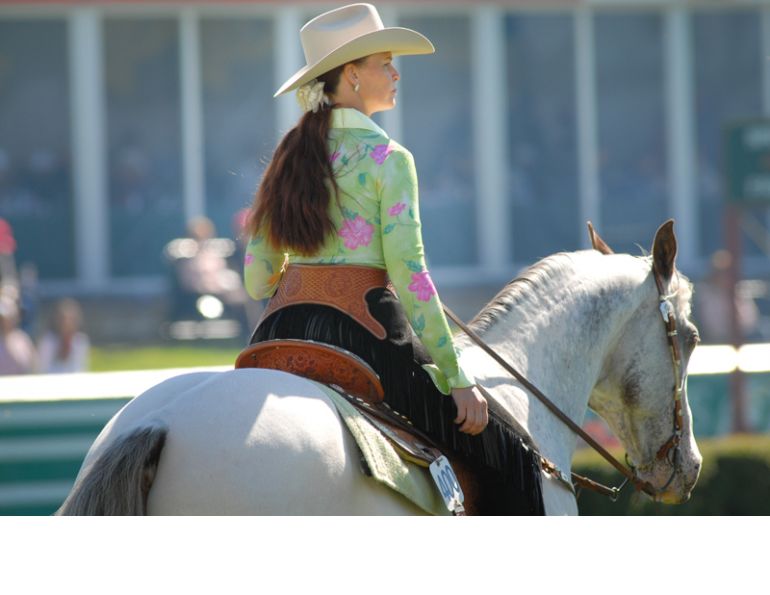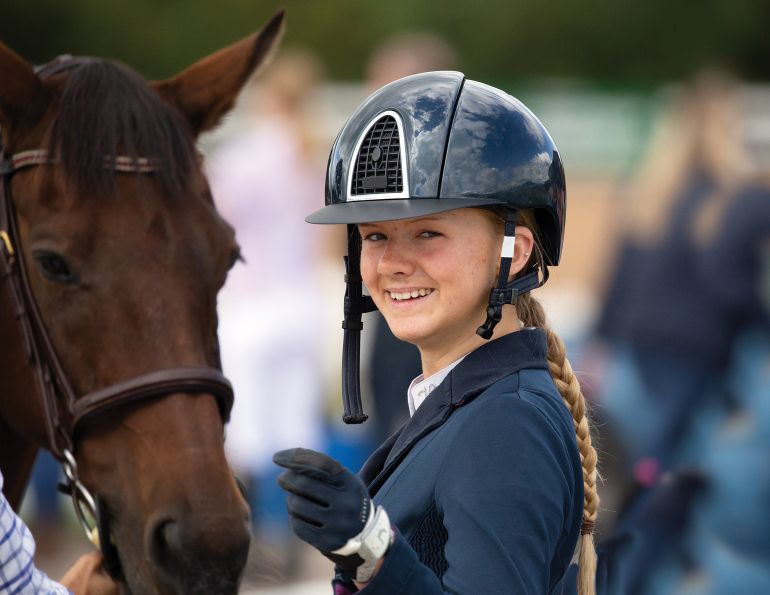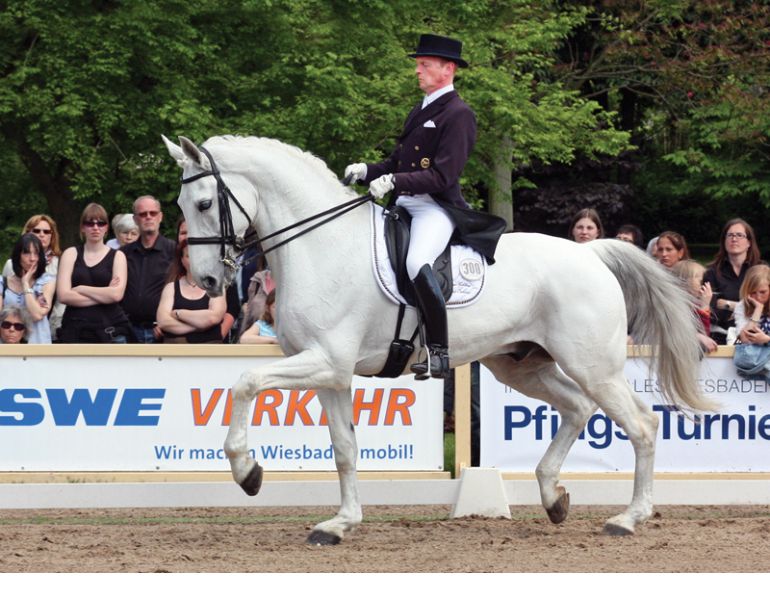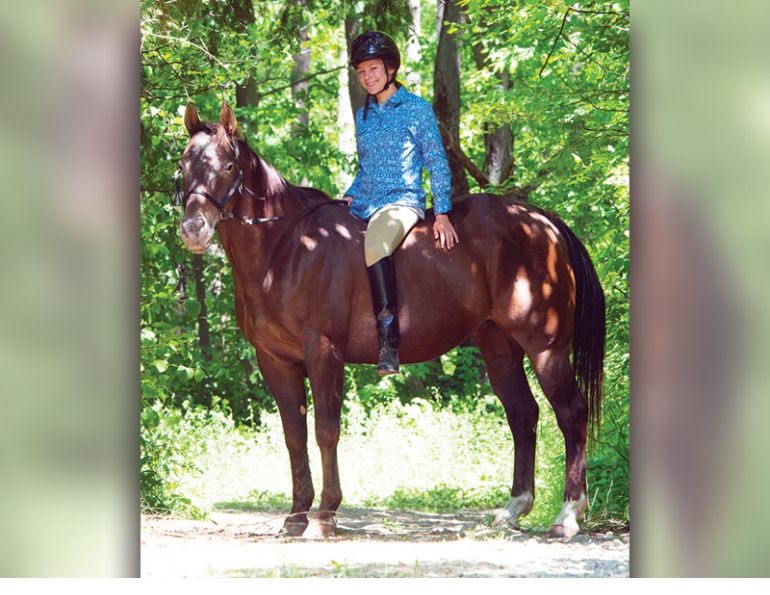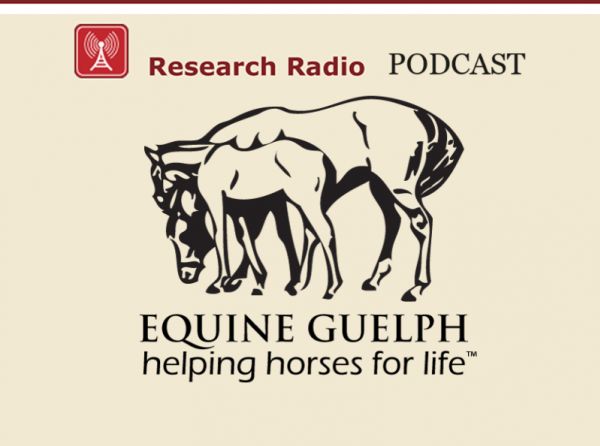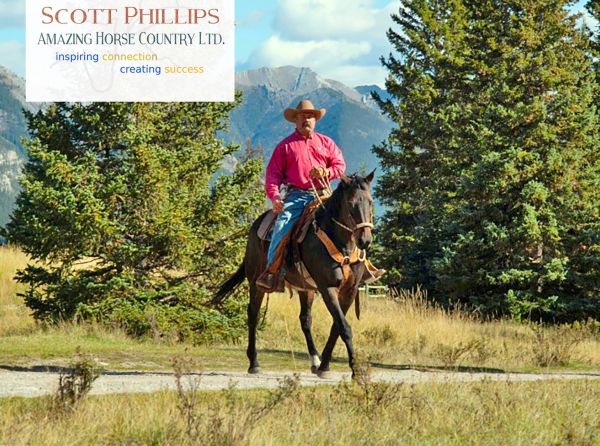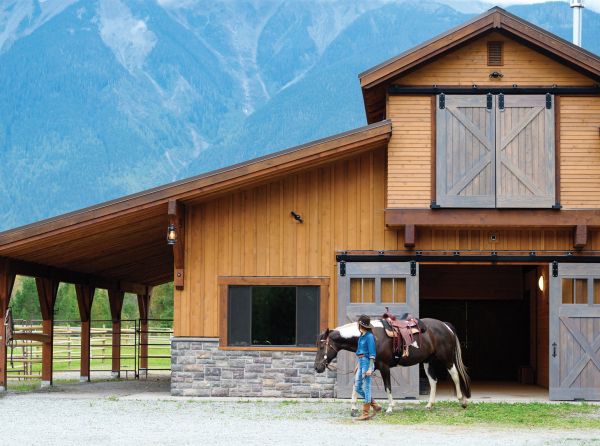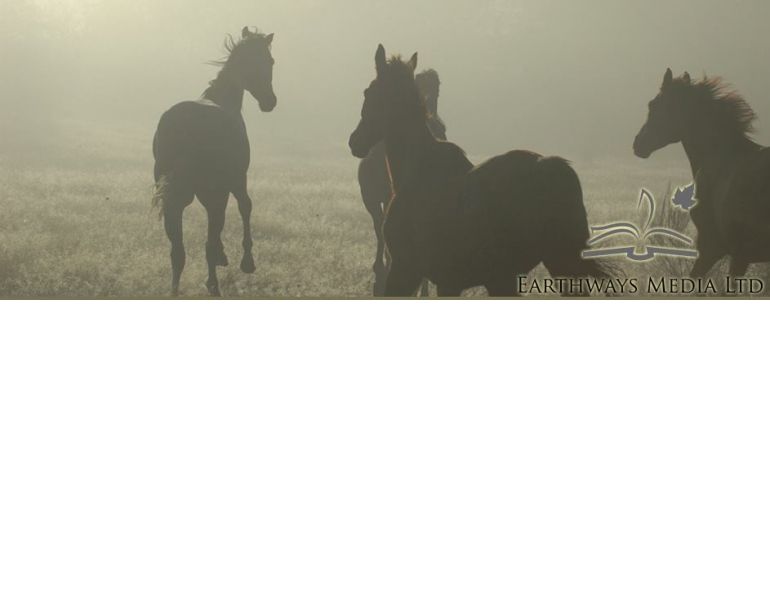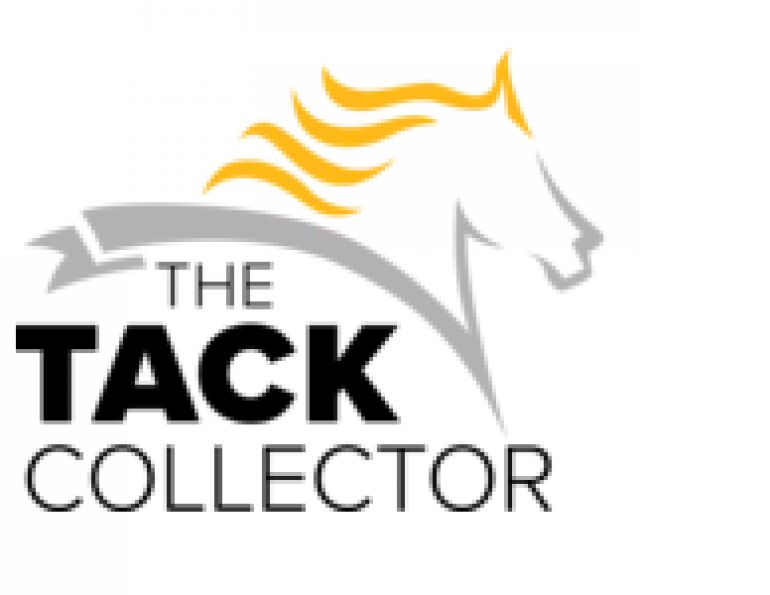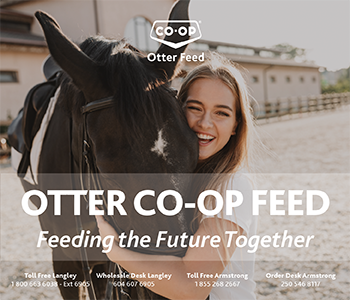By April Clay, M.Ed., Registered Psychologist
Riding can be a tough sport. It takes a big commitment to be successful and a certain amount of money as well. So it’s no surprise that the proverbial “green eyed monster” can make an appearance in the course of your riding career.
You might be envious of some of your fellow riders — the ones with expensive mounts, endless training time, and access to the best coaches.
In a sport environment, the consequences of jealousy can be quite costly. Every time you have a jealous thought, you are breaking your focus; you are giving away energy to another competitor and thereby strengthening their advantage. That doesn’t sound like a good idea, does it?
Even if you are prone to jealous thoughts you can learn to tame the monster. Jealousy doesn’t have to run your life or your sport.
It might seem easy to be jealous of competitors who appear to have more than you, but when you have jealous thoughts you are breaking your focus and giving away your precious energy.
Identify your hot thoughts
Chances are there will be a certain object or objects of your jealous thoughts. There will also be identifiable dialogue that goes with your shades of green. Chris, a hardworking junior competitor, often suffered from strong feelings of jealousy toward several fellow riders he barely knew. “Every time I saw them all I could think about was how they had it so much better than me. Their horses were from Europe — only the best. Already trained. And here I was working my butt off on green horses that weren’t ready to do those same divisions, even though I could do them as a rider. I was just so mad that I didn’t have a horse that could take me where I wanted to go.”
Chris’s jealousy often manifested in bouts of anger which frustrated his coach and sometimes scared his horses. He needed to get his emotions under control before they threatened his career.
Chris was able to identify several “hot thoughts” which got his emotions rolling:
“They are going to get ahead and I’m not.”
“I won’t ever be able to ride in the divisions I want.”
“It’s not fair they have all the advantages.”
“I might as well give up. It’s useless.”
The more Chris repeated these statements to himself, the more helpless he felt. He soon realized that he was feeling insecure and scared about not meeting goals that were very important to him. He loved to ride, and at home in training he felt very competent. But the minute he went into a competitive environment he felt as though he was shrinking and his efforts were useless.
It was a big step for Chris to acknowledge that it was his own fear that was holding him back. Once he identified the threat, he summed it up like this: “I am scared that without some of the advantages other riders have, I won’t be able to make it in the horse business.” With this truth out in the open, he was then able to identify some “cool thoughts” that he could use to anchor himself whenever he felt the pangs of jealousy begin.
Cool thinking
Cool thoughts are those that reestablish your equilibrium. They balance your perspective and enable you to get back to business. As an added bonus, they help you feel better about yourself rather than feel the shame that often accompanies jealousy.
In order to arrive at a cool mindset, you’ll have to begin to challenge your existing inner chatter. For Chris, he had to acknowledge the flaws in his current thought patterns:
Hot thought: “They are going to get ahead and I’m not.”
Cool thought: “I don’t know this for sure. I am just assuming they will because I want what they have.”
Hot thought: “I won’t ever be able to ride in the divisions I want.”
Cool thought: “Not true. It will likely just be on a different timetable than some of my competitors.”
Hot thought: “It’s not fair they have all the advantages”
Cool thought: “They have some advantages and so do I.”
Hot thought: “I might as well give up. It’s useless.”
Cool thought: “I don’t want to give up; I want to come up with a plan to feel and ride better.”
The next time he faced a competitive situation, Chris was ready with some key thoughts that could redirect his focus. He also added a visual image. Each time he felt his thoughts drift toward his competitors he saw a ball bouncing off their heads and returning to him. It was a way of reminding himself to keep his energy and its benefits for himself. He made a game out of seeing how many times he could successfully catch the ball and hang on to it. When he got his ball back, he would say “ride the horse and the plan you’ve got.” It was his way of reminding himself to stay on track and not compare his riding career with others. The more he focused on his own experience, the more he could make it into something great.

Identify your own advantages — it will help cure your jealousy and give you a confidence boost.
Identify your own advantages
Chris was beginning to realize he had a choice: he could continue to be jealous of what other people had and what he didn’t or he could use that energy to get to work. He began to wonder if he could create advantage out of disadvantage. When you stop focusing on how things should be and stop comparing yourself with others, you come face to face with “what is.”
There is no end to the comparison trap — you can always find someone who has it better than yourself. Some people never stop searching and never stop torturing themselves with how hard done by they feel. In fact, for some it can become a convenient excuse not to try. That’s why “what is” is such a perfect place to start from in realigning your thinking. It represents the reality of where you are right now with your riding, and also encourages you to honour where you are instead of diminishing it.
When Chris examined his own situation, he discovered that his reality was not so bad after all. “I thought they had everything and I had nothing, but I realized that I had things that others might be jealous of me for.” He realized he had the experience of training horses and this enabled him to develop skill in reading his different mounts; and that riding in the lower divisions made him focus on aspects of his riding that others might well take for granted. He could use these years of riding young horses to perfect and refine his style, while being patient for the right opportunity and horse to come along.
Chris also challenged the notion that he had to make enemies out of his competitors and see them as different. You don’t need to alienate yourself from your competition in order to beat them in the show ring. So he got to know some of the people he had been jealous of and that helped him relax and enjoy himself more at horse shows.
Perhaps the biggest belief Chris challenged is one you could consider for yourself: life is not always fair. If you deny this, you run the risk of getting stuck in your anger and frustration because you don’t like the way things are. If you accept it, it won’t come as a surprise when an unfair circumstance comes to your attention. You’ll be one step closer to getting through or around it.
To read more articles by April Clay on this site, click here.







